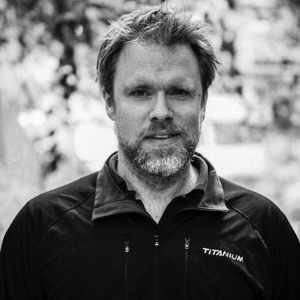
Is Kabila Using Ethnic Violence to Stay in Power?
For as long as anyone can recall, Ituri, the mineral-rich province in the northeastern Democratic Republic of the Congo has been wracked by inter-communal violence.

For as long as anyone can recall, Ituri, the mineral-rich province in the northeastern Democratic Republic of the Congo has been wracked by inter-communal violence.

Mali experienced a rare glimmer of stability this month. Although voter turnout was dampened by security fears, the country pulled off the second round of a presidential election on Aug. 12.

As warfare spikes, UN peacekeeping is at a breaking point, unable to keep up with relentless demand. 04/06/2018 by Robert Muggah and Adriana Abdenur Originally published on The Hill Times The threat of catastrophic war between great powers is at the highest point since
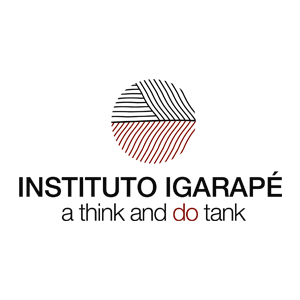
Innovations from Kenya Giovanna Marques Kuele and Adriana Erthal Abdenur, in Nairobi With the budget cuts to peace operations implemented last year and the prospect of even more reduction in resources, debates about UN peacekeeping effectiveness have intensified. One of the areas sorely in need
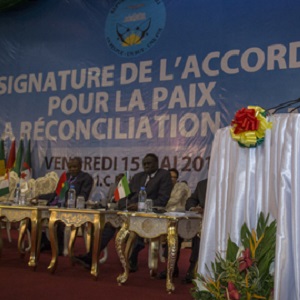
Ousmane Diallo and Gustavo de Carvalho More than two and a half years since its signature in Bamako, the agreement for peace and national reconciliation between the government of Mali, the Coordination of the Movements of Azawad (CMA), and the Plateforme coalition is at

Innovations and Challenges from Colombia Adriana Erthal Abdenur, in Bogotá UN Security Council Resolution 1325 and the resulting agenda on Women, Peace and Security has called for more inclusive peace processes, stressing that women’s specific needs and experiences should be taken into account

Lessons from Colombia Adriana Erthal Abdenur, in Bogotá A signed agreement between warring parties does not guarantee peace. Indeed, empirical evidence shows that peace processes often fail during the implementation stage if clauses in the agreement remain unfulfilled. Institutional inertia, political resistance, lack of

The 2030 Agenda as Strategic Entry Point Adriana Erthal Abdenur, in Bogotá In 2017, UN Secretary General António Guterres stepped up efforts to promote sustaining peace, a vision for a more preventive and effective approach to international peace and security. The concept calls for

Adriana Erthal Abdenur In the 19th century Max Weber, a keen student of purpose-driven bureaucracies, hinted that institutions sometimes change their missions even when their original objectives are deeply embedded within founding charters and mission statements. In international affairs, few organizations can attest to this tendency

Lessons from Colombia, Somaliland & Southern Somalia Adriana Erthal Abdenur and Laurie Druelle As part of the peace effort between the Colombian government and the FARC, a pilot program was launched in 2015 allowing ex-combatants from the guerrilla to collaborate with Army soldiers

Brazil-Ethiopia Exchanges in Peacekeeping Training Adriana Erthal Abdenur and Giovanna Kuele, in Addis Ababa How can states that contribute troops, police, and civilians to peacekeeping operations learn from one another about training for such deployments? Although TCCs/PCCs have historically operated in a relatively
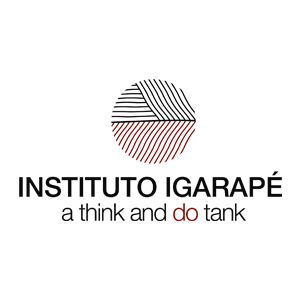
Harnessing Trust for Conflict Prevention in Colombia Adriana Erthal Abdenur, in San Vicente del Caguán, Caquetá, Colombia Christmas preparations are in full swing at the church offices in San Vicente del Caguán, in the department of Caquetá. Groups of children sit cross-legged on

The UN’s Pre-DDR Experiment Adriana Erthal Abdenur and Giovanna Kuele, Instituto Igarapé Half of the 4.7 million people in the Central African Republic (CAR) currently depend on humanitarian assistance for basic needs, and a full one-fourth of the population has been forcibly displaced. Armed

Current regional mediation efforts in Burundi still provide limited results Gustavo de Carvalho and Priyal Singh In early December 2017, a new round of talks, led by the East African Community (EAC), was initiated in Arusha, with the aim of reaching an agreement to

Notes from Colombia Adriana Erthal Abdenur, in Agua Bonita, Colombia Nested among the lush green mountains of Caquetá, in the Amazonía region of Colombia, around 200 ex-combatants from the FARC guerrilla group are building a socialist community in the same area where they laid down

Lessons from Colombia’s FARC Peace Process Adriana Erthal Abdenur, in Caquetá (Colombia) Humanitarian demining is often presented as a technical component of post-conflict reconstruction and peacebuilding, a painstaking and slow process necessary to avoid the human suffering caused by anti-personnel mines, improvised explosive devices, and

Burundi’s ongoing political instability highlights the stark divide between global conflict prevention rhetoric and practice Priyal Singh Since the announcement by Burundian President, Pierre Nkurunziza, to run for a controversial third term in early 2015, political instability across the country – marked by

East Timor Initiatives in Guinea-Bissau Adriana Erthal Abdenur, in Bissau Can conflict-affected states effectively support one another in overcoming recurring instability and promoting development and sustaining peace? Timor-Leste’s growing cooperation with Guinea-Bissau suggests that, although incipient, fragile-to-fragile (F2F) cooperation may become a promising

Social Technologies for Peacebuilding? Adriana Erthal Abdenur, in Bissau South-South Cooperation (SSC) often adopts a discourse that is strongly centered on development and that keeps security at arm’s length. However, many SSC partners increasingly undertake cooperation initiatives in conflict-affected or politically unstable

What Role in Peacebuilding? Adriana Erthal Abdenur, in Bissau Far from a novelty, South-South Cooperation (SSC) has been in place for half a century in parts of the developing world, including Portuguese-language countries in Africa. A number of SSC development partners are

Regional efforts like those against the LRA and Boko Haram could reinvent continental approaches to conflicts Gustavo de Carvalho and Annette Leijenaar With the increasing use of ad hoc security initiatives in Africa, there is new momentum for the African Pehttps://issafrica.org/author/annette-leijenaaace and Security Architecture (APSA) to

the Role of Climate Change in Recurring Violence Giovanna Kuele and Ana Cristina Miola The deadliest blast in Somalia’s history, which killed more than 350 people, and the double car bombing in Mogadishu last October represented frustrating backslides in the country’s efforts to build stability.

Local and international actors should reinforce their support to preventing conflict and sustaining peace in Somalia Omar Mahmood and Gustavo de Carvalho After the attack in central Mogadishu on 14 October 2017, which killed more than 350 people, both traditional and social media seem

The Sexual Exploitation and Abuse (SEA) Debate, Viewed from Brazil

Progress has been made, but financing remains one among several key issues that must be resolved
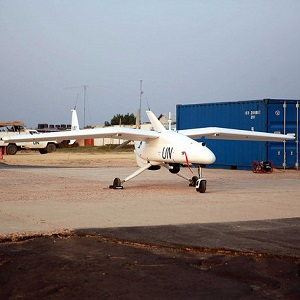
Using Drones for Conflict Prevention in Peacekeeping Missions
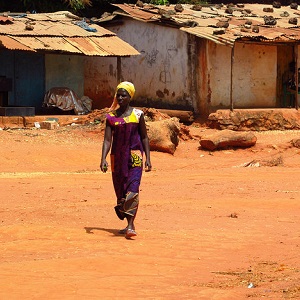
Women and Conflict Prevention in Africa.

O Instituto Igarapé utiliza cookies e outras tecnologias semelhantes para melhorar a sua experiência, de acordo com a nossa Política de Privacidade e nossos Termos de Uso e, ao continuar navegando, você concorda com essas condições.

